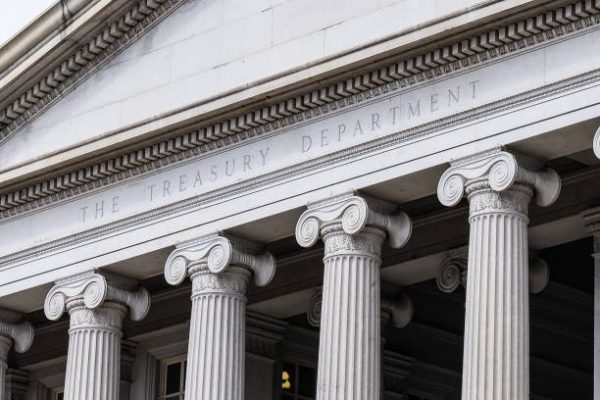Letters to the Regulators: Letter Urging The SEC to Require Human Capital Management Disclosures
Americans for Financial Reform Education Fund (AFREF) led a letter with 16 additional signatories urging the SEC to propose a rule requiring public companies to make human capital management disclosures as soon as possible. Investors are in desperate need of consistent, comparable, and decision-useful workforce information.







